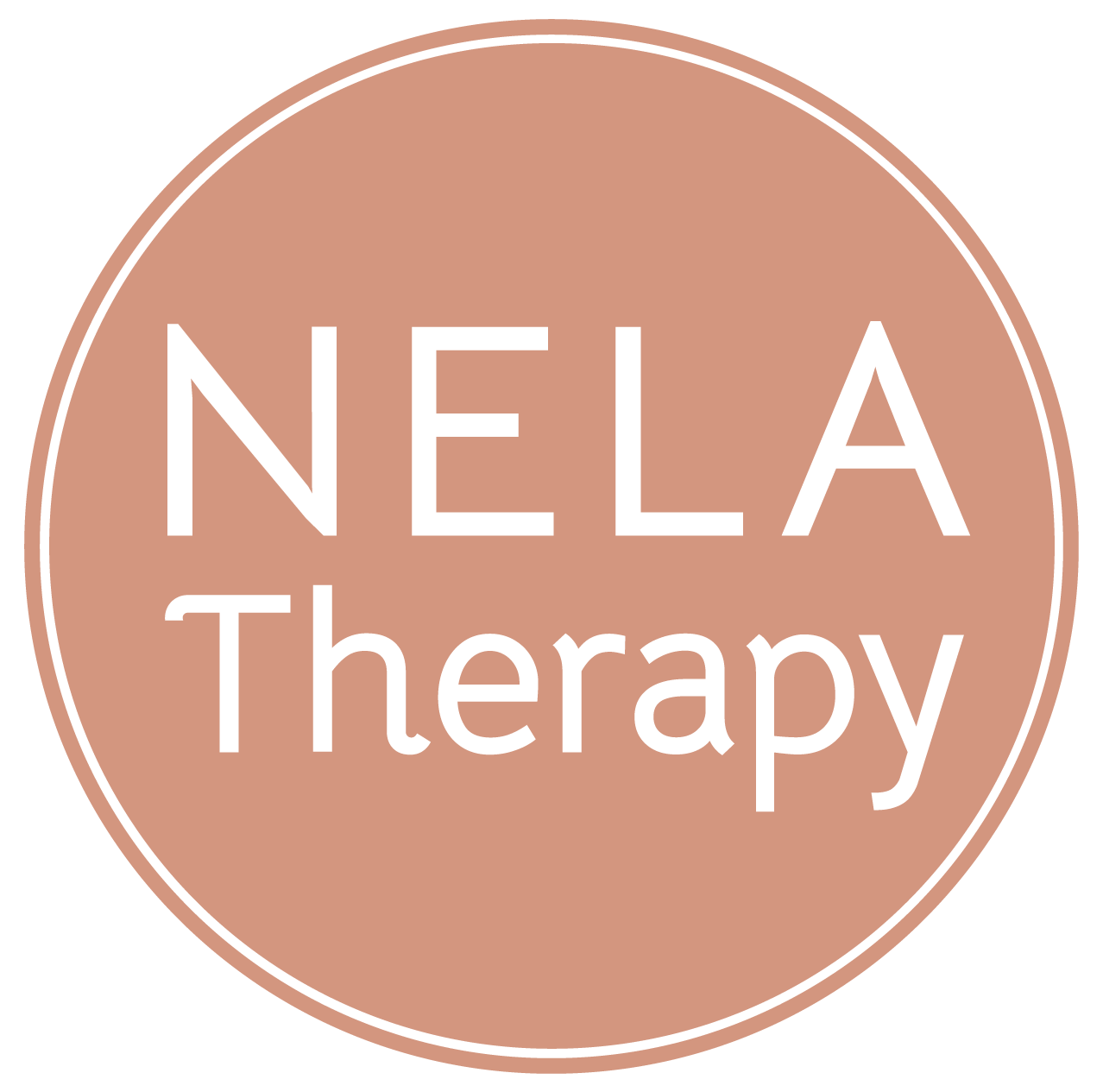Enhancing Emotional & Sexual Intimacy Through EFT
Sexuality is a core aspect of human experience, yet it is often relegated to the periphery in traditional therapy. Integrating sex positivity into Emotionally Focused Therapy (EFT) can enrich the therapeutic process, promoting deeper emotional and sexual intimacy. EFT, developed by Dr. Sue Johnson, is grounded in attachment theory and focuses on the emotional bonds between partners. By incorporating a sex-positive approach, therapists can help couples navigate sexual issues without shame, fostering a holistic healing process.
Understanding Sex Positivity
Sex positivity is an attitude towards human sexuality that regards all consensual sexual activities as fundamentally healthy and pleasurable. It emphasizes consent, communication, and the absence of judgment, advocating for sexual freedom and the destigmatization of various sexual orientations and practices. In a therapeutic context, sex positivity encourages open discussions about sex, acknowledging its significance in a person’s life and relationships.
The Role of Sex in EFT
EFT focuses on creating secure emotional bonds, which are crucial for a satisfying sexual relationship. Emotional disconnection often manifests in sexual dissatisfaction, and vice versa. By addressing emotional and sexual issues concurrently, therapists can help couples achieve a more comprehensive and satisfying connection.
Steps to Integrate Sex Positivity in EFT
Create a Safe Space: The foundation of any therapeutic relationship is trust. Therapists should create a non-judgmental environment where clients feel safe to discuss their sexual experiences, desires, and concerns. This involves being aware of one's own biases and ensuring that language used in therapy is inclusive and affirming.
Normalize Conversations About Sex: Many clients may feel uncomfortable or embarrassed discussing sex. Normalizing these conversations helps reduce shame and stigma. Therapists can initiate discussions about sexual experiences and preferences as a routine part of therapy, integrating these conversations into the broader context of emotional intimacy.
Educate and Empower: Providing accurate information about sexual health, pleasure, and consent is crucial. Education empowers clients to make informed decisions about their sexual lives. This can include discussions about anatomy, the impact of emotional states on sexual desire, and the importance of communication and consent.
Address Sexual Trauma: Many individuals carry sexual trauma that impacts their current relationships. EFT’s focus on emotional safety and bonding can provide a supportive framework for processing and healing from sexual trauma. Therapists should approach these discussions with sensitivity and care, integrating trauma-informed practices.
Encourage Mutual Exploration: Couples often benefit from exploring their sexual desires and boundaries together. Therapists can guide couples in exercises that promote mutual discovery and communication, helping them to reconnect emotionally and sexually. This can involve sensate focus exercises, communication techniques, and exploring fantasies in a consensual and non-judgmental manner.
Integrate Sexual and Emotional Narratives: Helping clients understand the interplay between their emotional and sexual narratives can lead to deeper insights and healing. For instance, understanding how past attachment wounds affect current sexual behavior can provide a roadmap for resolving both emotional and sexual issues.
Benefits of a Sex-Positive EFT Approach
Integrating sex positivity into EFT can lead to profound benefits for couples. It enhances emotional intimacy by fostering open communication and trust. Couples learn to navigate sexual challenges together, reinforcing their emotional bond. Additionally, a sex-positive approach can reignite sexual passion and satisfaction, contributing to overall relationship satisfaction.
Moreover, this integration helps in breaking down societal taboos and stigmas associated with sexuality. Clients learn to embrace their sexual selves without shame, leading to improved self-esteem and well-being.
Incorporating sex positivity into Emotionally Focused Therapy represents a holistic approach to relationship counseling. By addressing both emotional and sexual dimensions, therapists can help couples build stronger, more satisfying relationships. This integration not only enhances the therapeutic process but also promotes a culture of openness, acceptance, and mutual respect regarding human sexuality. Through this, couples can achieve a deeper, more connected, and fulfilling partnership.



